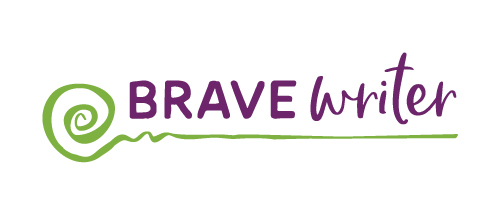Welcome to "Tea with Julie," a weekly missive by me, Julie Bogart. My wish is to give you food for thought over a cup of tea to enhance your life as an educator, parent, and awesome adult. Glad you're here. Pinkies up!
P.S. Was this email forwarded to you? Add yourself to the list and get your own!
Cincinnati, April 29, 2023
Hi Friend,
Want to clarify your bias? Ask: what do I hope will be true?
It’s easy to identify bias in everyone else: that news show anchor, the brash radio host, your annoying neighbor, the uncle who won’t shut up at the holiday dinner…
Bias lives in all of us, however—even those of us who pride ourselves on being “objective.” What’s harder to detect is the invisible, silent influence bias has on how we think. The method for detecting bias isn’t more studying (you can always find books and articles to confirm your biases). Rather, bias is merely how your mind sorts information to affirm what you hope will be true.
An Example
When you read about homeschooling, don’t you begin hoping that whatever you read will validate that homeschooling is a trustworthy method of education? That “hope” is where your mind starts when it goes to read the article. If you read an article that’s against homeschooling, don’t you find yourself wanting to discredit what you read? You want homeschooling to be seen as effective so you hope that this negative article isn’t accurate or true.
Try this.
- Go to any news site.
- Pick an article to read.
- Read the headline.
- Now before you start reading, ask yourself, “What do I hope will be true?”
You aren’t asking what IS true. You aren’t asking if the writers are biased. You aren’t even trying to see if you agree or disagree with the writer.
Your task is to detect the little internal voice that is already telling you whether or not to trust this article, and what you hope to find (you may even hope to find that the writer is a loudmouth or that the information is wrong or that the research is flawed). If it’s a headline you like, you may hope to find more data to confirm what you want to be true!
Bias is the unconscious posture you take toward any information. It’s not possible to eliminate it. The best we can do is notice it—bring it to the surface so it can ride sidecar while you read an article, tweet or Instagram caption. It’s also helpful to notice your bias when in conversation.
Ask: what do I hope she’ll say? What do I wish he wouldn’t say?
The crux of bias is: What do I hope will be true?
Warmly,

P.S. Catch up on all the “Tea with Julie” emails here!
Julie Bogart
© 2023 Brave Writer LLC™
help@bravewriter.com

.